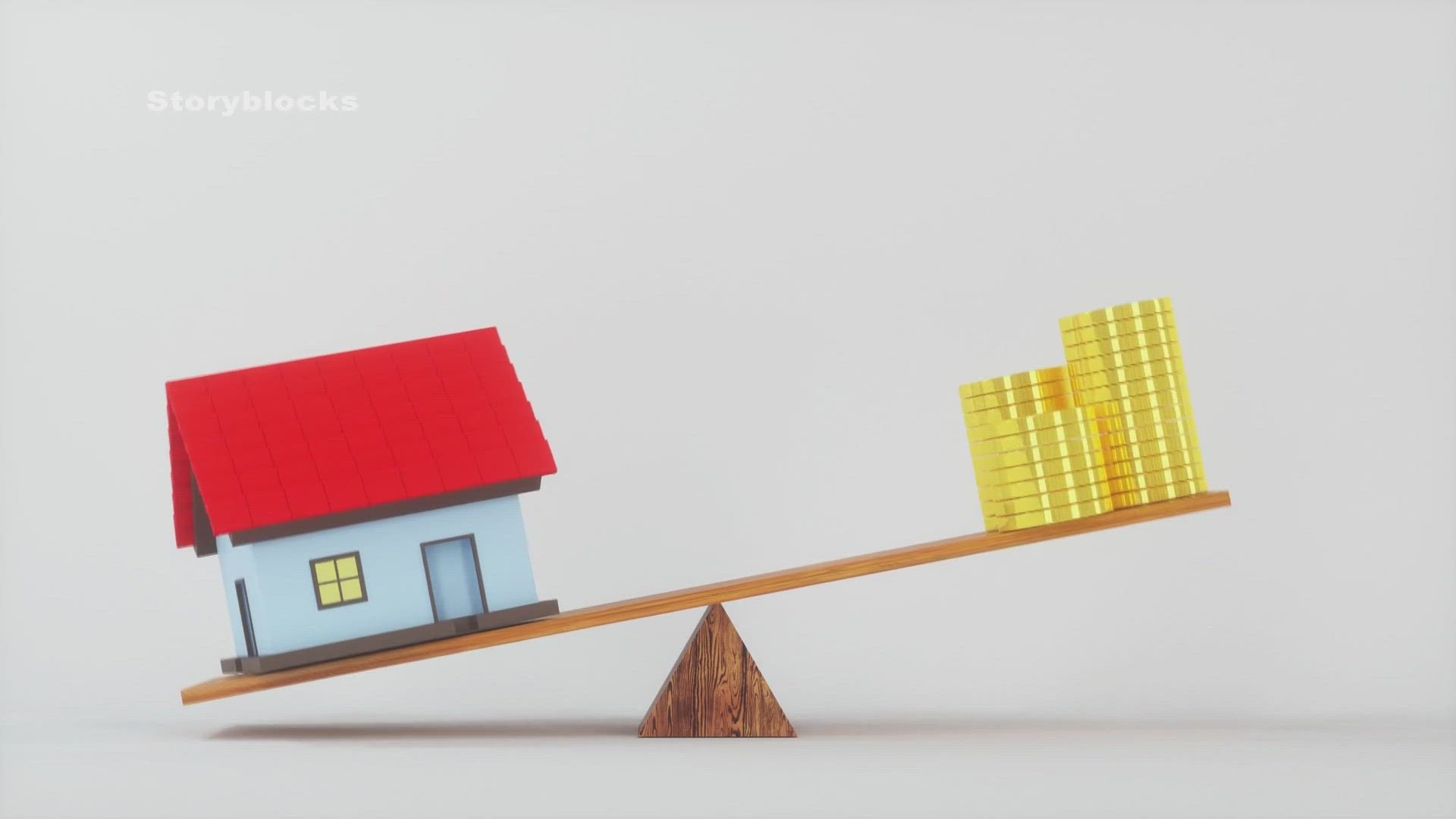TEMPLE, Texas — You hear the term having a mortgage on a property, but exactly what are the components of a mortgage, and what goes into the monthly payment that you make?
First things first, when you make a monthly house payment, you are paying both principal and interest back to the bank or entity that lent you money.
6 News spoke to Certified Financial Planner Neil Vannoy to explain further in this Money Talks.
“Principal is the amount that goes to pay down the amount you owe, and interest is the amount the lender charges for the outstanding loan balance," Vannoy told 6 News. "Early on, since the monthly principal and interest portion of most mortgages is a set dollar amount for the life of the loan, most of the payment will go toward interest and very little will go toward paying down the balance owed. As the balance of your loan declines, the interest that accrues on the balance will decline, so more and more of your monthly payments will go toward principal."
How much you pay back each month or over time has a great deal to do with one major factor getting a lot of attention these days, the interest rate.
"The interest rate will have a huge impact on your mortgage payment, so be sure to shop around and find the best rate when buying a home," Vannoy said.
Besides paying principal and interest, you also usually pay two other portions in a monthly mortgage payment.
"Property taxes and homeowners' insurance are often included with the principal and interest portion of a mortgage, although some lenders will let you pay these separately under certain circumstances," said Vannoy. "I've heard people say that owning is better than renting because your mortgage is fixed so you don't have to worry about rent increases. Keep in mind that your property taxes and homeowners' insurance will increase over time – sometimes much faster than inflation – so this portion of your mortgage payment will increase."
Although it won't be a part of your official mortgage, you might have another bill either monthly or annually.
Vannoy let 6 News in on the other places you’ll be spending money.
"Condos, townhomes and similar properties will have what's called a homeowners association fee, or HOA fee," said Vannoy. "These fees pay for upkeep on common areas, some common utilities and other similar costs."
Just a reminder that in FHA and even conventional loans, if you put down less than 20 percent, you will pay private mortgage insurance, or PMI, and that is a fee that goes to insure the loan for the bank in case you walk away rather than selling because you have so little equity in the property!
More Money Talks from 6 News:

